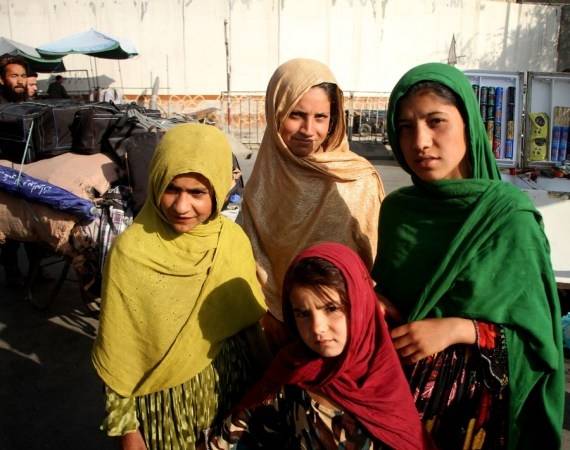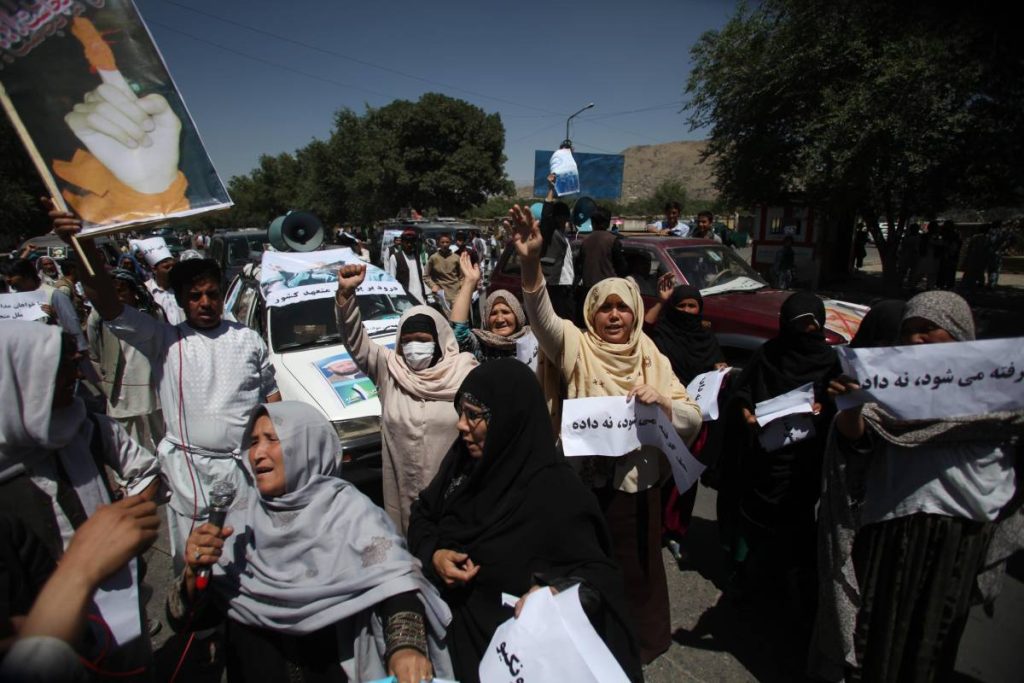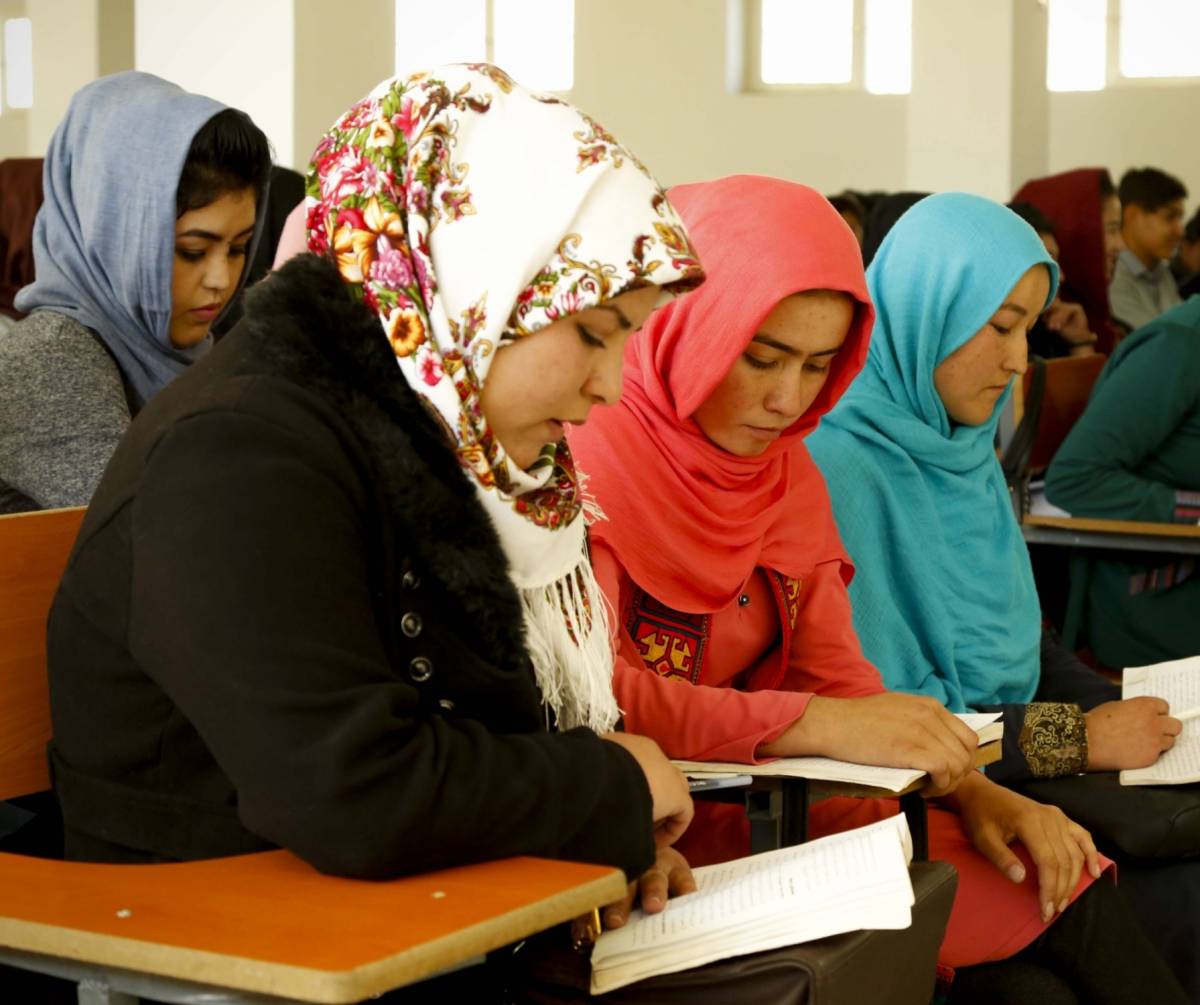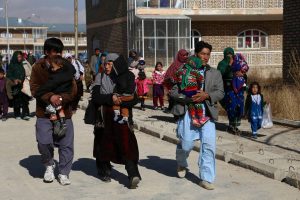Many had been the sole or primary wage earner for their family, but most lost their employment due to Taliban policies restricting women’s access to work…writes Sanjeev Sharma
he Taliban rule has had a devastating impact on Afghan women and girls, according to the Human Rights Watch (HRW) and the Human Rights Institute at San Jose State University (SJSU).
The HRW and the SJSU jointly looked at the conditions for women in Ghazni province following the taliban takeover since last August.
The Taliban have banned women and girls from secondary and higher education, and altered curricula to focus more on religious studies. They dictate what women must wear, how they should travel, workplace segregation by sex, and even what kind of cell phones women should have.
They enforce these rules through intimidation and inspections.

The Taliban have imposed rights-violating policies that have created huge barriers to women’s and girls’ health and education, curtailed freedom of movement, expression, and association, and deprived many of earned income.
“Afghan women and girls are facing both the collapse of their rights and dreams and risks to their basic survival,” said Halima Kazem-Stojanovic, a core faculty member of SJSU’s Human Rights Institute and a scholar on Afghanistan.
“They are caught between Taliban abuses and actions by the international community that are pushing Afghans further into desperation every day.”
The HRW and SJSU remotely interviewed 10 women currently or recently in Ghazni province, including those who had worked in education, healthcare, social services, and business, and former students.
They described spiraling prices for food staples, transportation, and schoolbooks, coupled with an abrupt and often total income loss.

Many had been the sole or primary wage earner for their family, but most lost their employment due to Taliban policies restricting women’s access to work.
Only those working in primary education or health care were still able to work, and most were not being paid due to the financial crisis.
“The future looks dark,” said one woman who had worked in the government.
“I had many dreams, wanted to continue studying and working. I was thinking of doing my master’s. At the moment, they (the Taliban) don’t even allow girls to finish high school.”
The women said they had acute feelings of insecurity because the Taliban have dismantled the formal police force and the Women’s Affairs Ministry, are extorting money and food from communities, and are targeting for intimidation women they see as enemies, such as those who worked for foreign organisations and the previous Afghan government.
Most interviewees cited serious mental health consequences since the Taliban takeover, including fear, anxiety, hopelessness, insomnia, and a deep sense of loss and helplessness.
“The crisis for women and girls in Afghanistan is escalating with no end in sight,” said Heather Barr, associate women’s rights director at the HRW.
“Taliban policies have rapidly turned many women and girls into virtual prisoners in their homes, depriving the country of one of its most precious resources, the skills and talents of the female half of the population.”






